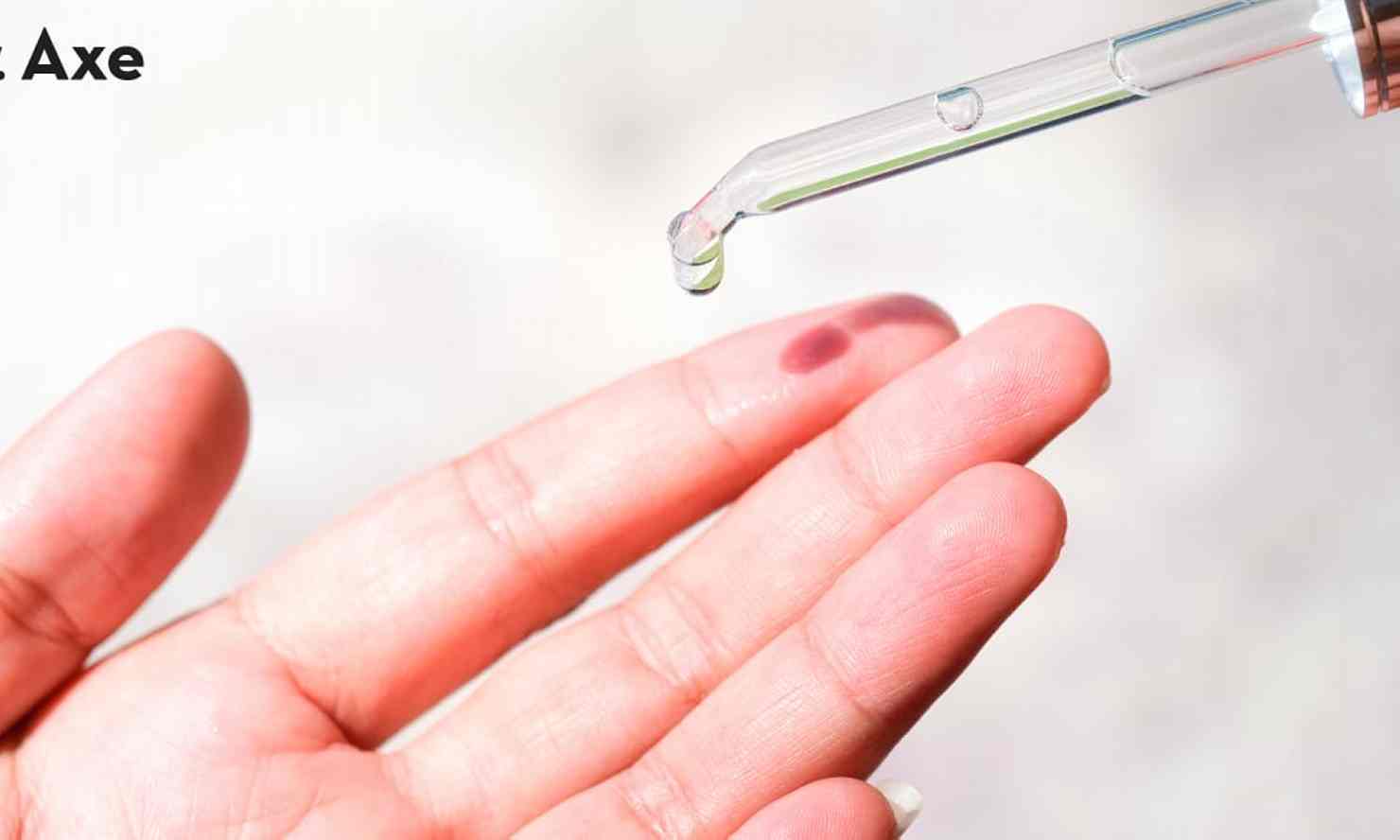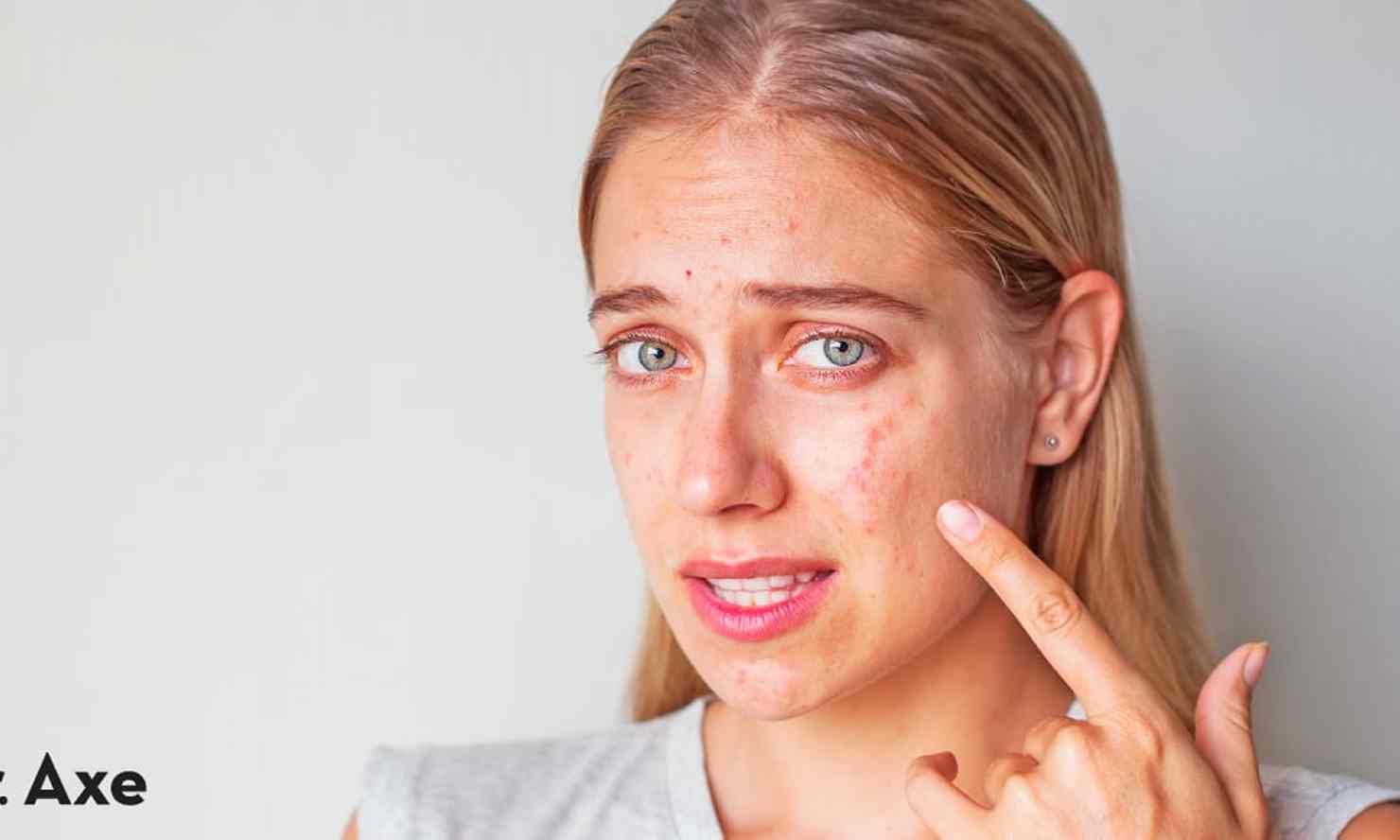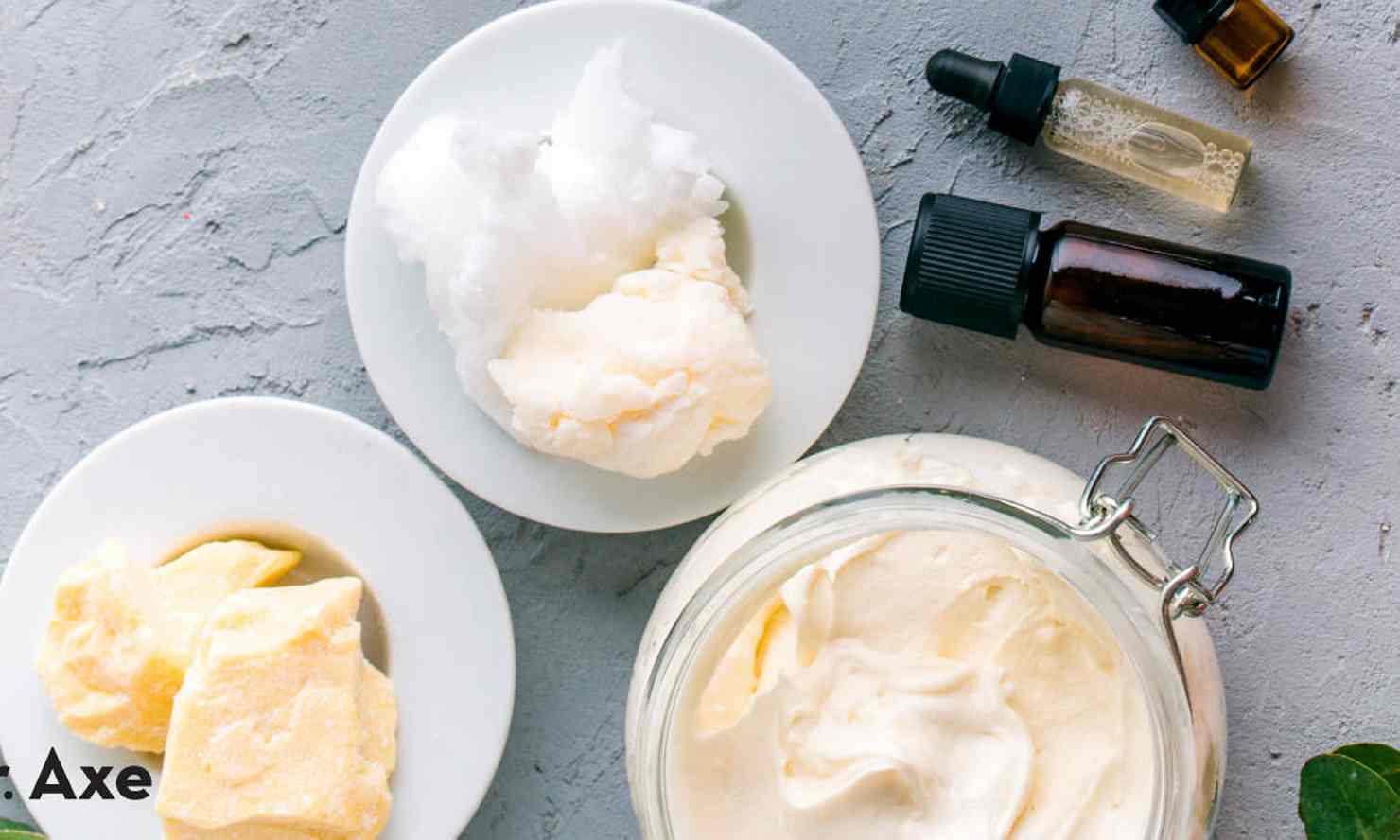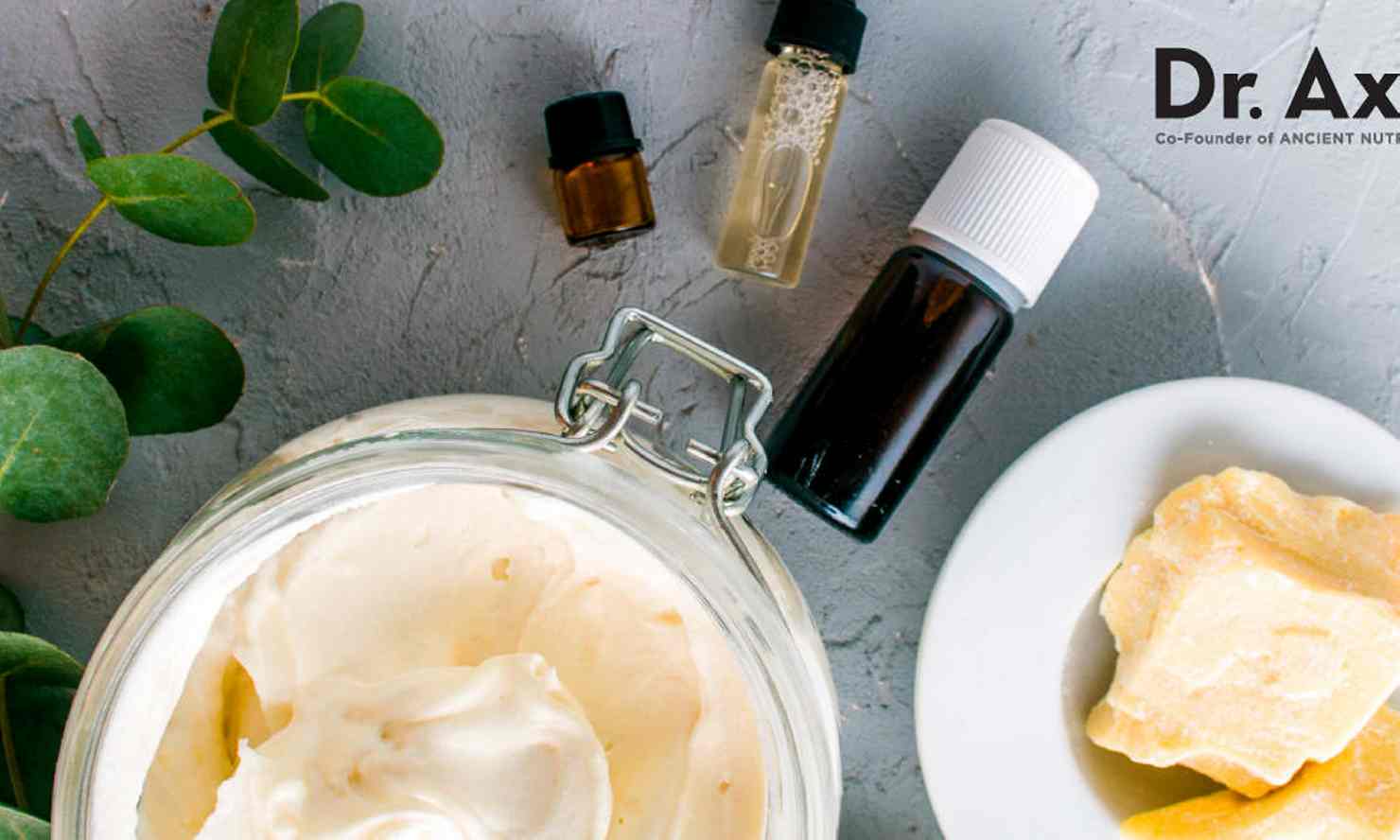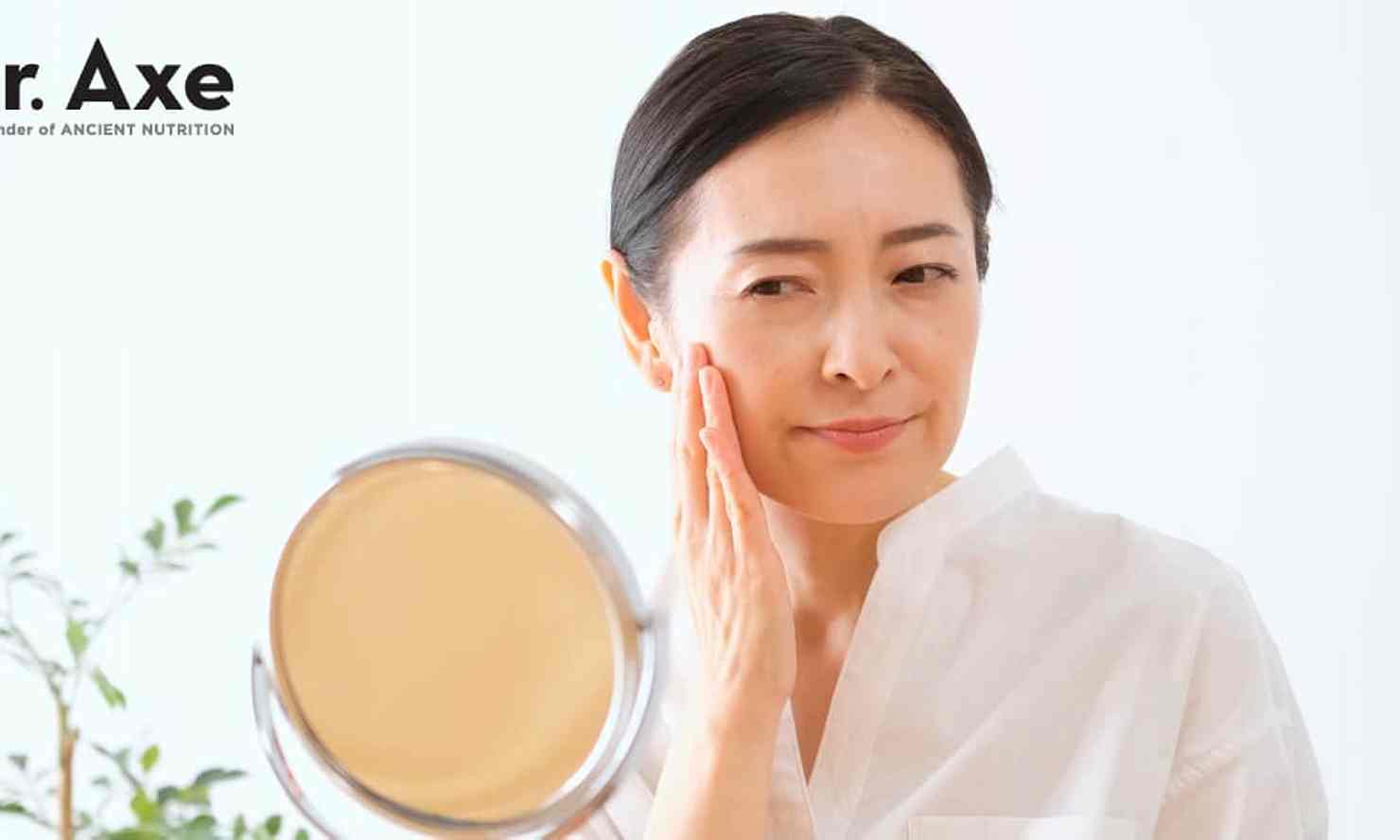
If you’re wondering how to get rid of pimples, you are far from alone.
The most common skin condition in America is acne, characterized by frequent zits, pimples and breakouts. Surveys show that acne affects about 85 percent of teenagers and continues into adult life for at least 20 percent of adults (more commonly in woman than in men).
Adult acne seems to be increasing, which could be due to autoimmune disease, leaky gut syndrome or allergies. Genetics and hormonal factors can also play a role in breakouts.
If you’ve tried a number of acne treatments and but still deal with breakouts, the million-dollar question is: How do I stop pimples from forming on my face?
Essentially, just about everyone deals with annoying pimples at one point or another. However, there are all-natural ways for how to get rid of zits, including home remedies for acne that really work.Ad
Here’s what we know about how to get rid of pimples: If you want to get clear skin, washing your face regularly, eating a healthy diet and managing stress are all important. There are also certain topical oils and plant extracts that can help improve the appearance of your skin by fighting the presence of harmful bacteria and decreasing inflammation.
What Are Pimples?
A pimple is a small comedone, pustule or papule that forms a skin lesion. The more technical term is acne vulgaris.
There are numerous causes, but regardless of the cause, pimples develop when the sebaceous glands (oil glands) get clogged and infected from bacteria. This is why pimples swell up and become red, pus-filled lesions on the surface, and just under the surface, of the skin.
Most experience acne on the face area, but the neck, chest, upper back and shoulders are commonly affected as well.
Acne can cause scarring and even psychological distress, especially in teenagers who are already stressed about acceptance with their peers and their schoolwork.
Types of Acne:
Acne is usually classified as mild, moderate or severe. Mild acne includes the comedones, which are considered non-inflammatory lesions or slightly inflammatory lesions called papules (or pustules).
Acne that’s more inflammatory is denoted as moderate acne. This happens when there are occasional nodules and possibly mild scarring.
Severe acne occurs when there are a lot of inflammatory lesions, nodules and possibly scarring. It’s also considered severe if the acne is still present after six months of treatment or if it causes serious psychological issues.
If not treated, acne can cause scarring. Scarring is more likely when the skin is inflamed, swollen, reddish and painful, such as cystic acne and nodules.
This form of acne penetrates deep into the skin, causing damage. Delaying treatment can cause scarring too.
About 30 percent of teenagers have acne that’s considered severe. For some, genetics are the cause and beyond their control.
While it’s best to treat the acne, picking at it makes it worse because it doesn’t get the healing time it requires, which ultimately increases inflammation and, therefore, risks of scarring. Also, waiting to treat acne until it becomes severe can lead to extensive scarring, so it’s best to treat it sooner than later.
Related: How to Get Rid of Nodular Acne
How to Get Rid of Pimples Naturally
The American Academy of Dermatology states that it’s important to treat acne, even though you may often hear that you need to let it “run its course.” The problem with that is dark spots and permanent scars can develop on the skin. Additionally, clear skin can positively affect one’s self-esteem.
In terms of how to get clear skin, there are many natural treatments that can help get rid of pimples, some that even start to resolve unsightly pimples overnight, such as essential oils for acne that are available over-the-counter. If using essential oils, make sure to use pure oils, and take it slow.Ad
Also check with your dermatologist before using anything new on your skin if you have allergies or very sensitive skin.
Here are some of my favorite natural remedies for how to get rid of pimples:
1. Cleanse and Exfoliate
Clean skin is a pretty obvious need for an acne-free face and body. You want to make sure you use the right cleansing methods and exfoliate gently.
Look for pure options, such as Castile soap. Castile soap offers a gentle way to cleanse using plant-based ingredients, such as olive oil.
To mildly exfoliate, consider combining local or Manuka honey, which is highly antibacterial, with a small amount of coffee grounds. Follow it up with one of the other options for how to get rid of pimples listed below.
2. Change Your Diet
Eliminating sugar, drinking plenty of water and eating omega-3 foods can make a difference in skin health. Too much sugar can cause insulin spikes, which can create inflammation in the skin and clog up the pores.
Water, conversely, hydrates, and it seems we cannot get enough of it. Make sure to drink at least half your bodyweight in ounces every day.
Hydrated skin provides the right moisture and balance the skin needs to thrive. Additionally, water helps flush out toxins, something we need on a daily basis.
Those omega-3s are pretty awesome at providing a reduction in inflammation. Wild-caught salmon is one of the best sources, in addition to sardines, walnuts, flaxseed oil and almonds.
3. Manage Stress and Get Enough Sleep
The phrase “get your beauty rest” is actually good advice. Stress is one of the biggest causes of acne, and sleep is one of the best natural stress relievers around.
When we sleep, healing happens. At the same time, it’s a great time to apply a home remedy and let it get it to work on eliminating toxins that can cause acne.
The Psychiatric Clinics of North America reports that stress is a factor affecting all organs. Though it’s easy to forget, the skin is an organ. In fact, it’s your largest organ!
Avoiding sleep deprivation should be a key component of any effective acne treatment.
4. Get Daily Exercise
Exercise not only helps you with fitness, but it can help reduce acne-prone skin irritations. That’s right: Add its use on how to get rid of pimples to the list of exercise benefits.
Exercise offers stress relief while getting the blood circulating. This blood-pumping activity sends oxygen to your skin cells, which helps remove dead cells from the body.
It’s also beneficial for balancing hormones and helping prevent issues such as estrogen dominance and PCOS, which can contribute to breakouts.
5. Tea Tree Oil
How can you get rid of pimples overnight? One way is to dab a tiny amount of tea tree oil on the affected area.
Tea tee, also known as melaleuca, is one of my favorite and most recommended remedies for acne because it has natural microbial properties and helps fight the kind of bacteria that causes acne.
A study published in the Australasian Journal of Dermatology revealed that tea tree oil provides positive results for mild acne with no serious adverse effects. The study asked participants to apply tea tree oil to the affected area of the face twice a day for three months with assessments conducted at four, eight and 12 weeks of use.
Results showed that acne was reduced in most participants, suggesting that tea tree oil a great choice for how to get rid of pimples.
By blending it with a little coconut oil and then applying to the face and affected areas, you may be able to reduce and even eliminate acne in a short period of time. Try this honey and tea tree oil face wash recipe to get started with a DIY treatment.
6. Rosemary Essential Oil
Rosemary oil has been around for years and used topically for acne and inflamed skin. A Chinese study concluded that rosemary essential oil helps decrease acne due to its antibacterial effects.
To better understand the effects, the study increased the concentration of the rosemary essential oil, resulting in severely damaged bacterial bodies. Treated bacteria eventually led to bacterial death.
7. Coconut Oil
Coconut oil contains properties that encourage the elimination of bacteria, which is why there are so many uses of coconut oil for skin. Lauric acid is the main ingredient in coconut oil, and this acid that makes it an effective treatment against acne because it has antibacterial properties.
8. Apricot Seed Oil
Apricot seeds may be a great option for how to get rid of pimples. A recent study published in Phytotherapy Research notes that the phytonutrients and antimicrobial qualities of apricot essential oil obtained from apricot seeds may help provide glowing skin.
Apricot essential oil showed antimicrobial activity against a range of bacteria and yeasts that were tested, indicating its possible benefits to prevent and minimize acne.
9. Frankincense Essential Oil
Frankincense oil is a personal favorite for me and my wife, Chelsea. Containing antibacterial and anti-inflammatory properties, it’s amazing for almost all skin types and perfect for acne-prone skin.
Frankincense invites new cell growth, which can help reduce the appearance of scars. It also helps prevent or eliminate bacteria, part of what can cause acne in the first place.
A study conducted by the Department of Dermatology at the University of Freiburg in Germany reports that using frankincense and five other plant extracts for antimicrobial effects on bacteria and yeast relating to the skin proved effective. The study concluded that their antimicrobial effects were powerful enough to be used as a topical treatment of some skin disorders, including acne and eczema.
10. Lavender Essential Oil
Lavender oil is another favorite of mine — not only because it can help prevent and keeps acne at bay, but it smells amazing, and provides relaxation qualities when used for aromatherapy— something much needed in today’s world.
Lavender helps regenerate skin cells, minimizes sun spots and even reduces scarring caused by acne. Additionally, it can help reduce swelling and inflammation that may be caused by acne due to the polysaccharides it contains.
11. Oregano Essential Oil
Oregano oil is rich in antimicrobial and antioxidant compounds, including monoterpenoid phenols, such as thymol. Studies show these compounds can help kill both P. acnes and S. epidermidis bacteria that lead to pimples.
In one animal study published in the journal Molecules, oregano exhibited the strongest effects against acne-causing microbes and served as a natural and effective alternative for treating acne while helping overcome antibiotic resistance.
12. Castor Oil
Castor oil has anti-inflammatory and antibacterial properties that can speed up healing, making it ideal for breakout-prone skin.
I recommend using it in very small amounts with jojoba oil, hemp seed oil or coconut oil, along with one of the essential oils above. It’s high in unsaturated fatty acids, vitamin E, proteins and minerals, which can help reduce acne-causing bacteria and inflammation associated with breakouts.
It can even help treat scars caused by acne.
Castor oil may be a great choice for treating mild acne since it provides moisture to the skin while helping the skin produce less sebum, which can cause acne if in excess. It also helps reduce inflammation that may be caused by acne.
13. Hemp Seed Oil
Hemp seed oil is an amazing option because it does not clog pores. Additionally, it helps reduce the size of pores by fighting development of blackheads.
Hemp seed oil protects the skin from free radicals while improving elasticity. Made up of about 80 percent essential fatty acids that allow it to deeply penetrate the skin, hemp seed oil is also known as a great treatment for psoriasis and eczema.
Hemp seed oil is a dry oil and works best when mixed with a thicker oils, such as castor oil.
14. Witch Hazel
Witch hazel is a natural toning solution that can treat a wide range of skin problems, including acne blemishes, bug bites, and spots of irritation, swelling and redness. It helps control oil production and normalize skin’s hydration while fighting bacteria.
You can use it on your skin like you would a toner — just don’t overdo it, or you may wind up with dry skin. For the best results, combine it with other skin care products, like a good cleanser and moisturizer.
Risks and Side Effects of Conventional Treatments
There are many convention treatments dermatologists turn to regarding how to get rid of pimples, but many of them can cause side effects.
One example is Isotretinoin, a prescription skin care product that you can get from your doctor.
Some case studies have revealed that Accutane can have some pretty serious side effects, such as:
- birth defects
- bone mineral density problems
- depression
- psychosis
- suicide
- aggressive or violent behaviors
- acute pancreatitis
- cardiovascular issues
- deafness
- hepatitis
- bowel disease
- excessive bone growth
- night blindness
- sight loss
An article published by Harvard Law School shared information regarding isotretinoin, noting that even though the drug shows dramatic results in a short period of time, it’s been shown to “destroy lives.” In fact, Harvard reported that about 25 percent of babies who have been exposed to Accutane while in the womb have serious deformities and develop learning disabilities.
Other conventional options for treating acne include antibiotics, such as those taken by mouth and applied topically. Dermatologists sometimes prescribe antibiotics to help reduce the amount of bacteria getting trapped inside pores.
Examples of antibiotics prescribed to treat acne include clindamycin, doxycycline, erythromycin and tetracycline. These are intended to be taken short term, but they can still sometimes cause side effects, such as upset stomach, nausea, sun sensitivity, headaches and yeast infections in women.
Most often, antibiotics are used in combination with topical treatments, such as benzoyl peroxide and salicylic acid, or retinoid medications, azelaic acid and sulfone agents.
Other Skin Care Treatments With Pros and Cons:
Can toothpaste remove pimples? What about rubbing alcohol?
Both of these products are sometimes used to dry out the skin and remove oil, which can seem to decrease the severity of pimples. However, they can also be irritating and lead to redness and peeling, so using them isn’t recommended, especially on sensitive skin.
Hydrogen peroxide is also damaging to skin and shouldn’t be used on wounds or to control oily skin or acne.
Salicylic acid and benzoyl peroxide are two common ingredients found in many skin care products that are geared toward acne-prone skin, such as spot gels, cleansers and lotions. These are generally safer options and better regulated.
These popular acne treatments are not as “natural” as some of the products mentioned above, but they work similarly by killing bacteria that can cause acne. They are “plant derived ingredients” (from the willow bark tree) and have been shown to have anti-inflammatory, exfoliant and mild antibacterial effects.
If you have sensitive skin that is prone to dryness or redness, then salicylic acid and benzoyl peroxide may not be the best ingredients for you, especially when use frequently. Overuse can cause irritation, dryness, itching, peeling and redness, so use in small amounts.
They should also be avoided by women who are pregnant and anyone who takes blood-thinning medications.
Prevention Tips
Here are other tips for reducing breakouts according to dermatologists:
- Don’t over-wash or over-treat skin. Wash with a gentle product each morning and evening and, if needed, after workouts. Refrain from cleansing more often, as this can irritate the skin and cause an overproduction of oil.
- Avoid applying irritating products to your skin. This can include conventional shampoos, conditioner, hair spray, gels and mousses that contain petroleum, parabens, silicone, sulfates, panthenol, fragrances and other chemicals.
- Choose hypoallergenic cosmetics and makeup, and be sure to wash them off thoroughly every night.
- Tone to restore pH balance, such as with apple cider vinegar. This helps remove any residue after cleansing and helps restore the skin’s natural pH levels.
- Exfoliate several times per week to remove dead skin cells. Sea salt, brown sugar and ground oatmeal are good choices.
- Avoid too much sun exposure, which can alter production of sebum.
- Be sure to wash and change your pillow cases and face towels regularly to avoid bacteria building up on them.
- Try not to touch your face too often, including with your hands, phone, etc.
- Take a probiotic supplement daily. Fighting acne requires both external and internal treatment. Live probiotics support healthy digestion and immune system functioning.
Conclusion
- How do I get rid of pimples naturally? Acne is different for everyone, but there may be some simple solutions to having clear skin. From the foods you eat to the stress in your life and the products you use, it may take a little time to find what works for you for how to get rid of pimples.
- Getting enough sleep, changing your diet, getting daily exercise, cleansing and exfoliating the skin, and utilizing essential oils for the skin are all natural ways to clear acne safely.
- It’s always better to seek a natural solution for how to get rid of pimples as opposed to conventional treatments that come with adverse side effects. However, if the products and tips above don’t seem to help, visit your dermatologist to discuss other skin care options.

